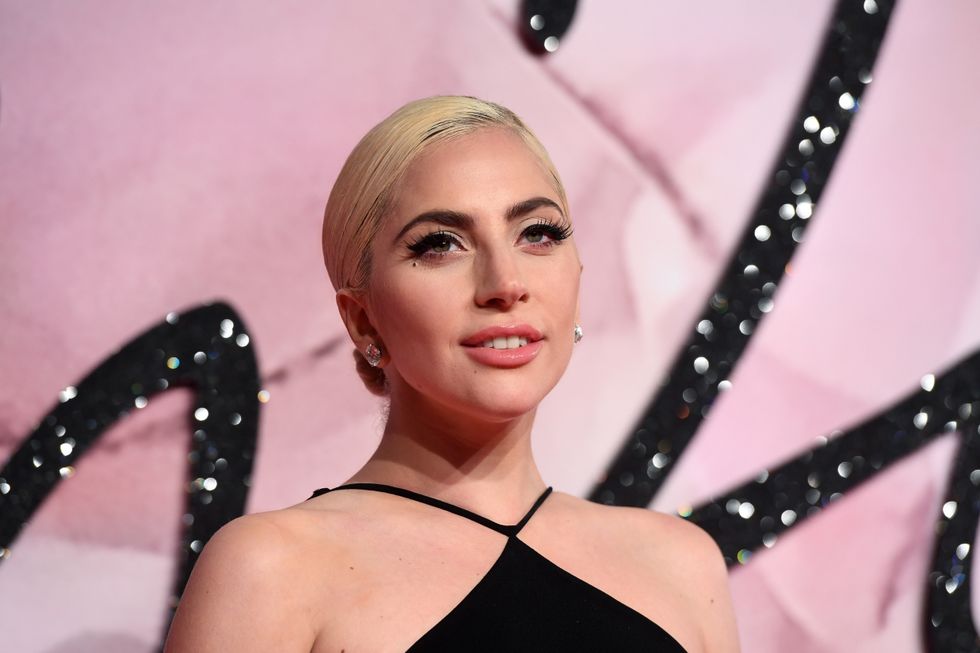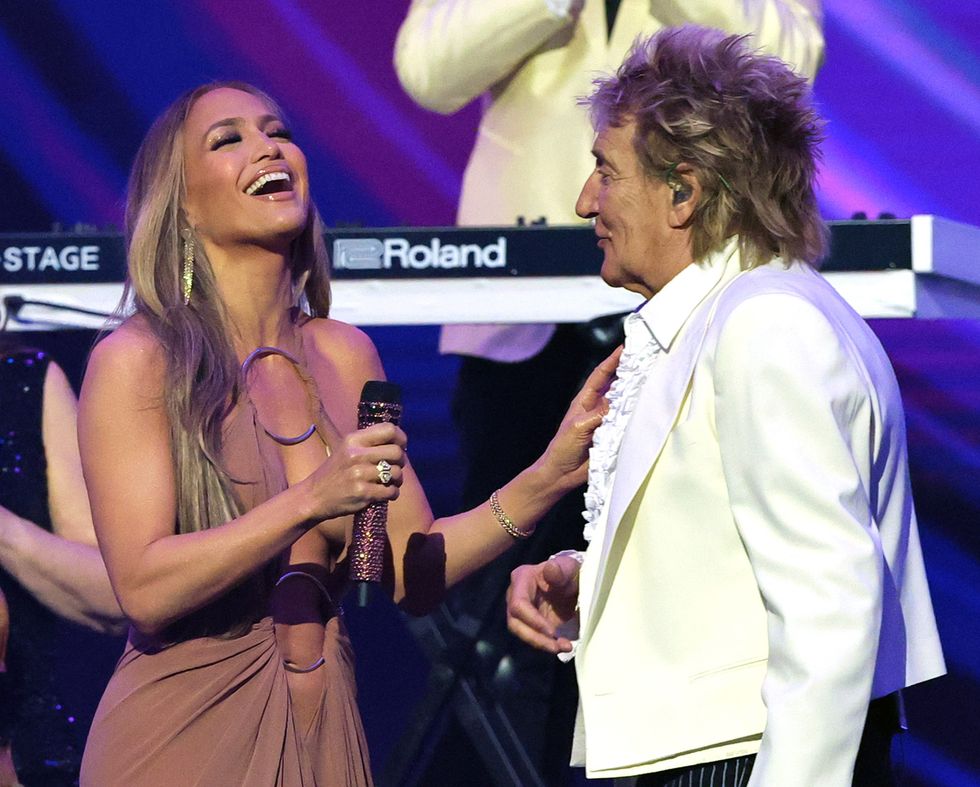The American Music Awards 2025 proved to be a night of both breakout triumphs and nostalgic reunions. The event, held in Las Vegas, saw Billie Eilish take a clean sweep with seven wins, including the top honours: ‘Artist of the Year’ and ‘Album of the Year’ for Hit Me Hard and Soft. Her track Birds of a Feather also won ‘Song of the Year’ and ‘Favourite Pop Song’, reinforcing her impact on pop music this year.

Eilish wasn’t the only familiar face back in the spotlight. Eminem returned with his first AMAs win in 15 years, bagging ‘Favourite Male Hip-Hop Artist’ and ‘Favourite Hip-Hop Album’ for The Death of Slim Shady (Coup De Grâce). Beyoncé also made history, winning ‘Favourite Female Country Artist’ and ‘Favourite Country Album’ for Cowboy Carter, making it a rare crossover success.

Pop veterans also had their moment. Bruno Mars won ‘Favourite Male Pop Artist’ and shared the ‘Collaboration of the Year’ and ‘Favourite Music Video’ wins with Lady Gaga for Die With a Smile. Gaga separately picked up ‘Favourite Dance/Electronic Artist’. Gracie Abrams was named ‘New Artist of the Year’, while Post Malone earned his first country award, winning ‘Favourite Male Country Artist’.

The ceremony was hosted by Jennifer Lopez, who returned to the role after ten years. She opened the night with a medley of 23 chart-toppers from the past year. One of the evening's most emotional moments came when Janet Jackson took the stage to accept the ‘Icon Award’. Dressed in a white jacket and jeans, she performed after a seven-year hiatus and spoke about her family's humble beginnings and their shared love for music.

Veteran rocker Rod Stewart closed the ceremony after receiving the ‘Lifetime Achievement Award’ from his children. Overwhelmed by their surprise presence, he spoke about his six-decade-long journey that began with nothing but a passion for singing.

The night was filled with performances, from Blake Shelton and Lainey Wilson's country ballads to Gloria Estefan’s Latin medley and Benson Boone’s acrobatic pop number. Gwen Stefani, Renée Rapp, Becky G, and more delivered high-energy sets, making the night a celebration of both fresh voices and iconic stars.





